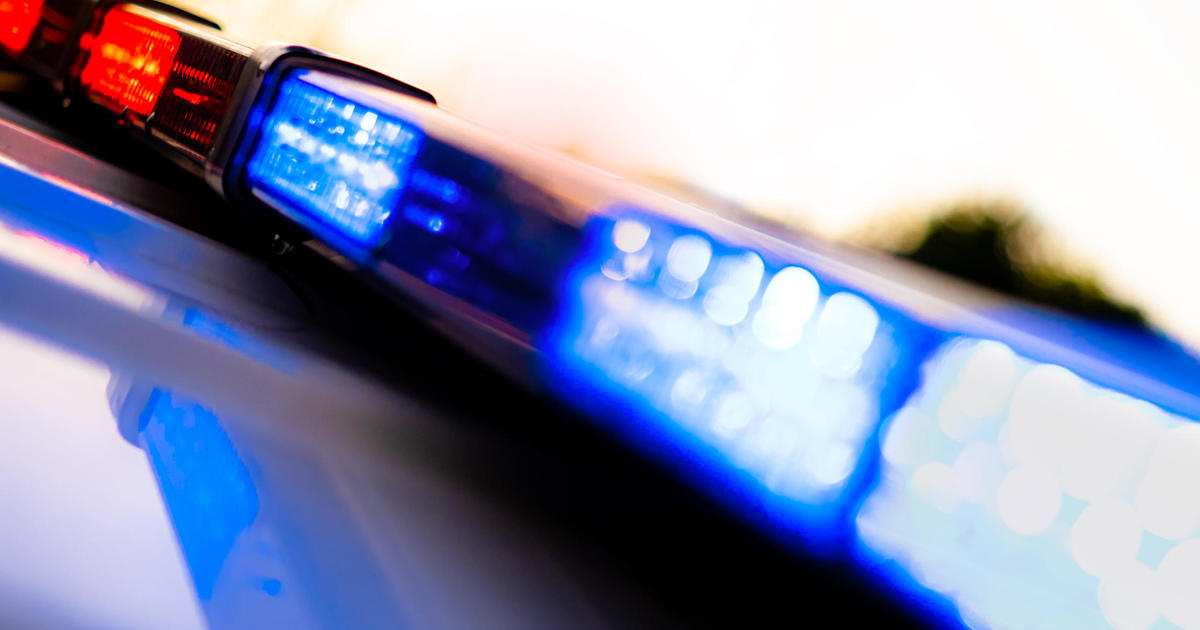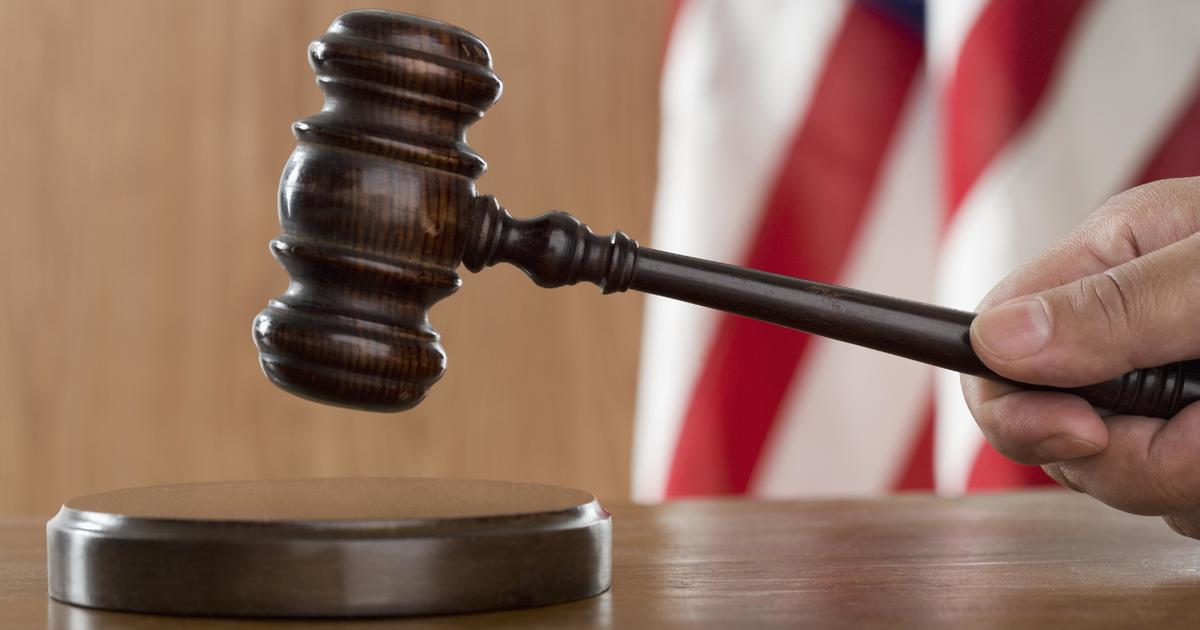Wireless Power Transfer For EVs And Other Applications Inches Closer To Market
DEARBORN (WWJ) -- More than 100 wireless power experts from around the world gathered at the University of Michigan-Dearborn Thursday for a workshop on wireless power transfer.
The event was sponsored by the university's Department of Energy-sponsored Center for Electric Drive Transportation, the simulation software developer Ansys Inc., and the IEEE Southeast Michigan Section.
Wireless power is being eyed as one way to eliminate "range anxiety" for electric vehicles. They could be kept constantly charging without the hassle of cords or plugs if they were parked in wireless charging zones. Some presenters at the event were even talking about wirelessly charging EVs while the vehicles are in motion, through power strips that could create electromagnetic fields in roads. The government's Oak Ridge National Laboratory is heavily involved in wireless charging research.
Wireless power sounds futuristic, but it's been around for more than a century. Electrical pioneer Nikola Tesla demonstrated the concept in the early 1900s, sometimes with harrowing demonstrations. More humble examples of the technology includes the wirelessly charged electric toothbrush, because the wet environment of a bathroom sink makes a
power line leading to a toothbrush a risky idea. Modern wireless power transfer owes its resurgence to MIT professors André Kurs and Marim Soljačić and their team, who in 2007 demonstrated transmission of 60 watts of household current across a seven-foot span to illuminate a light bulb.
Early experiments with wirelessly charging electric vehicles showed substantial power loss and inefficiency. But presenters at Thursday's event said that more modern technologies, using higher frequencies and closer gaps between the charger and the car being charged have claimed efficiencies of up to 94 percent compared to wired connections.
Some auto suppliers have already paired up with wireless charging developers, including Delphi with a Watertown, Mass. company called WiTricity that's based on the 2007 MIT experiment, and Yazaki with Wytheville, Va.-based Evatran Plugless Power.



